Unraveling the Charmed Past of "Lucky": A Journey Through Time and Language
Have you ever wondered about the origin of "lucky"? This seemingly simple term carries centuries of history, cultural interminglings, and linguistic evolution. Let's embark on a fascinating journey to uncover the origins and transformation of the word "lucky," a staple in our daily vocabulary that hints at happiness, fortune, and a mysterious touch of fate.
The Old English Beginnings
Our adventure starts with the Old English word "gelíc," meaning "happy, fortunate, prosperous." Imagine the Anglo-Saxons expressing joy and good fortune with this word. "Gelíc" itself is believed to have sprouted from the Proto-Germanic term "gaila-," echoing similar sentiments of well-being and happiness. These roots firmly plant "lucky" in a soil rich with ancient connotations of prosperity.
A Possible Celtic Gleam
Diving deeper, some linguists point to a possible connection with the Old Irish "gle" and the Welsh "glwyd," both translating to "bright, shining." This intriguing link suggests that the concept of luck might once have been visualized as a bright light or a shining beacon, illuminating paths and bringing blessings. This Celtic connection weaves a layer of mystical radiance into the word's tapestry.

Medieval Transformation
As centuries unfolded, "gelíc" morphed into the Middle English "lukke," narrowing its focus to fortunate happenings and favorable twists of fate. This period reflects a shift in the collective mindset, with chance and destiny becoming more pronounced in the medieval European worldview. The word was evolving, just as the societies that used it.
The Modern-Day Charm
Fast forward to the Early Modern English era, and "lukke" has transformed into "lucky" as we know it. Its meaning crystallized around the concept of receiving good fortune, often unexpectedly or beyond what's deserved. "Lucky" became synonymous with the whims of chance and the unpredictable favors of fate.
A Mosaic of Cultural Influences
Throughout its history, "lucky" has been colored by a spectrum of cultural influences. From the Roman goddess Fortuna to the Chinese concept of Xìngyùn, every civilization has had its interpretation of luck and fortune. These varied perspectives have enriched the word's meaning, turning it into a complex and
culturally layered term.
The next time you count your lucky stars or wish someone "Good luck!" take a moment to appreciate the rich tapestry of language and history behind this small but mighty word. From ancient brightness to modern-day fortune, "lucky" encapsulates a world of meaning, reflecting centuries of human hopes, beliefs, and, of course, the serendipitous twists of fate. So, here's to feeling lucky—may the long and storied history of this word bring a little extra shine to your day!
